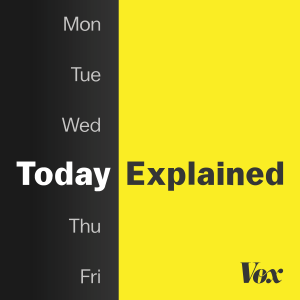

A connection to a bank is an important financial relationship – between chequing and savings accounts, mortgages and loans – they are crucial for paying off bills and for long-term planning.But what happens when your bank dumps you? The practice is known as ‘debanking,’ and Canadian banks are turning to it more often when they suspect a customer is involved in criminal activity.Erica Alini, the Globe’s personal economics reporter, explains why debanking is becoming more common and what can happen to...
A connection to a bank is an important financial relationship – between chequing and savings accounts, mortgages and loans – they are crucial for paying off bills and for long-term planning.
But what happens when your bank dumps you? The practice is known as ‘debanking,’ and Canadian banks are turning to it more often when they suspect a customer is involved in criminal activity.
Erica Alini, the Globe’s personal economics reporter, explains why debanking is becoming more common and what can happen to someone who’s been ousted by their financial institution.
Questions? Comments? Ideas? E-mail us at thedecibel@globeandmail.com
Comments (3)
More Episodes
All Episodes>>Creat Yourt Podcast In Minutes
- Full-featured podcast site
- Unlimited storage and bandwidth
- Comprehensive podcast stats
- Distribute to Apple Podcasts, Spotify, and more
- Make money with your podcast
It is Free












